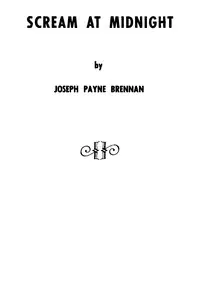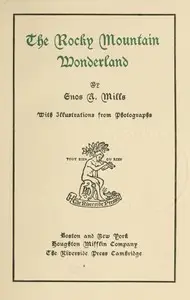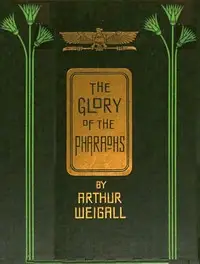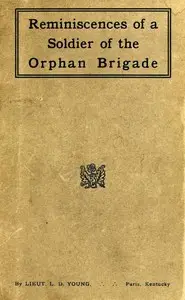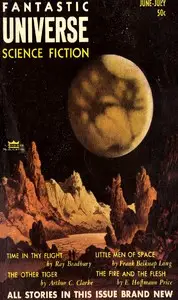"H.P. Lovecraft, an evaluation" by Joseph Payne Brennan is a critique of the works of the renowned horror writer H.P. Lovecraft, written in the mid-20th century. This book serves as both an evaluation and a reflection on Lovecraft's literary contributions, particularly examining the Cthulhu Mythos and its impact on horror fiction. Brennan offers insights that are relevant to both scholars and casual readers interested in Lovecraft's legacy and assessment of his writing style. In this candid evaluation, Brennan discusses Lovecraft's strengths and weaknesses, acknowledging the appeal of his early works compared to his later Cthulhu stories. He highlights specific tales such as "The Music of Erich Zann" and "The Rats in the Walls," praising their structure and atmosphere while pointing out issues with prolixity and excessive reliance on certain adjectives in Lovecraft's writing. Brennan emphasizes that while Lovecraft's work has endured over time, a comprehensive understanding of his impact cannot be fully realized until more of his unpublished writings are made available. Ultimately, the evaluation lays a foundation for understanding Lovecraft's place in American literature and the horror genre. (This is an automatically generated summary.)
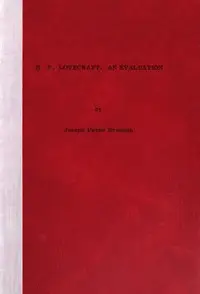
H.P. Lovecraft, an evaluation
By Joseph Payne Brennan
"H.P. Lovecraft, an evaluation" by Joseph Payne Brennan is a critique of the works of the renowned horror writer H.P. Lovecraft, written in the mid-20...
Joseph Payne Brennan was an American writer of fantasy and horror fiction, and also a poet. Of Irish ancestry, he was born in Bridgeport, Connecticut and he lived most of his life in New Haven, Connecticut, and worked as an Acquisitions Assistant at the Sterling Memorial Library of Yale University for over 40 years. Brennan published several hundred short stories, two novellas and reputedly thousands of poems. His stories appeared in over 200 anthologies and have been translated into German, French, Dutch, Italian and Spanish. He was an early bibliographer of the work of H. P. Lovecraft.

